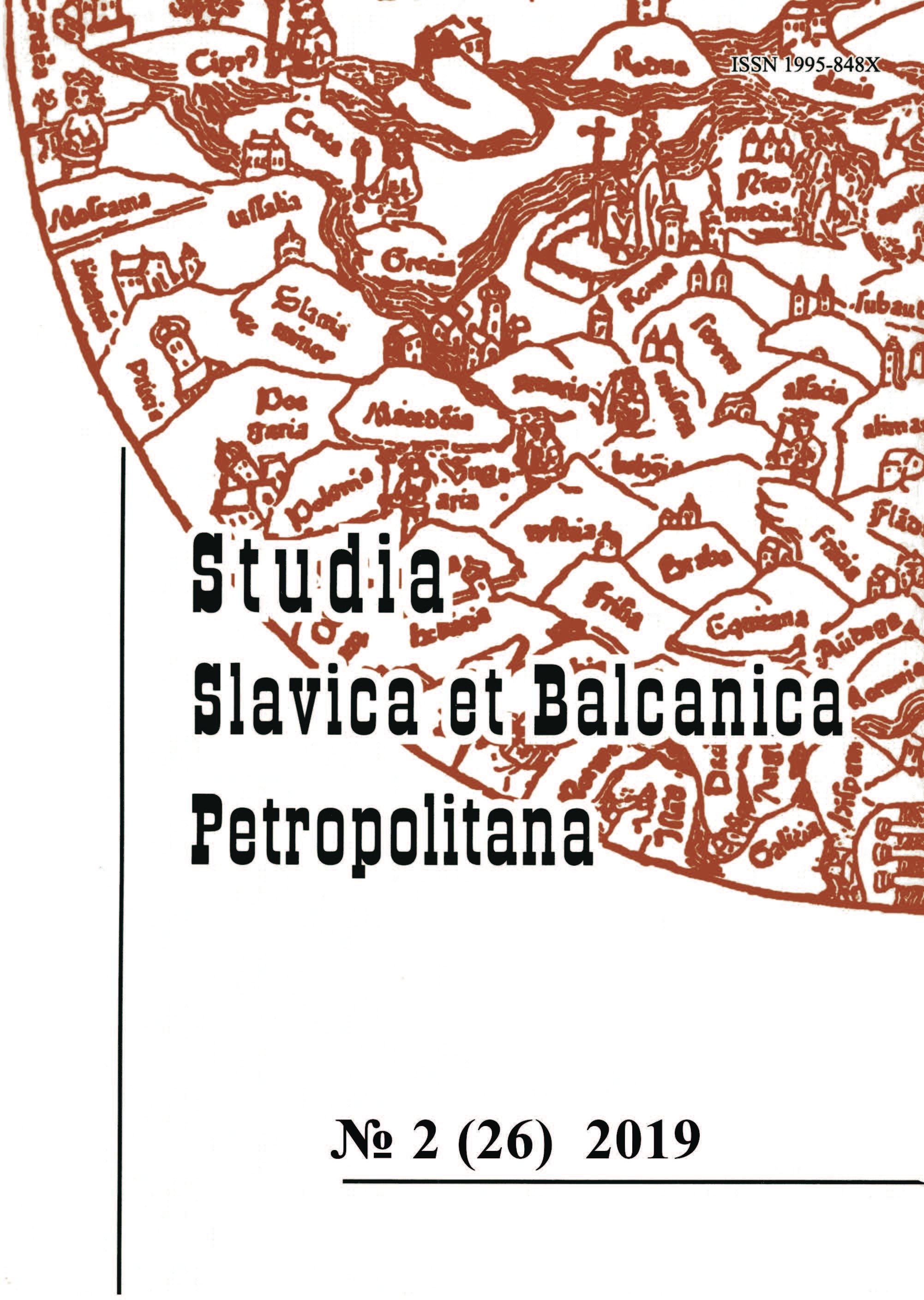«Большая Игра» в Восточной Европе и проблема «ливонского наследства» в контексте глобального переустройства мира в раннее Новое время
The Big Game in Eastern Europe and the Problem of the Livonian Heritage in the Context of the Global Reorganization of the World in the Early Modern
Author(s): V. V. Penskoy, Vitaliy Viktorovich PenskoySubject(s): History, Diplomatic history, Political history, 16th Century
Published by: Издательство Исторического факультета СПбГУ
Keywords: world-economy; early Modern; «composite state»; Eastern Europe; Baltic; Russia; Livonia; Crimea; Grand Duchy of Lithuania; Ivan the Terrible
Summary/Abstract: The author of the article attempted to place events in Eastern Europe in the «long 16th century» in the context of changes in Europe in the same decades. The most important events in this decade in Europe were the formation of a new world-system with the center in the north-west of the continent and the creation of an early modern state. Eastern Europe was drawn into these processes with some delay against central and northwestern Europe.These changes began to be felt here too by the middle of the 16th century. These changes have acquired a number of unique features in Russia. This peculiarity was due to the peculiarities of the political struggle in the region between the most important players ― Moscow, Vilna and Bakhchisarai. The main question was decided ― who will dominate the region in the course of this struggle. The Livonian foreign policy direction was secondary for Moscow at the same time. For the time being this state of affairs suited the Novgorod elite, the trade service and the church. It allowed her to maintain internal autonomy. However, since the early 50s. 16th century the growing crisis tendencies in the political and economic development of the region, connected with the processes of formation of the new European world-economy and internal problems, made it impossible to continue to maintain the old model of development. In an effort to prevent political complications in relations with the local elite, Moscow intervened in the Livonian crisis. This intervention led to two wars, Livonian 1558–1561 and Polotsk 1562–1572 years. These wars only aggravated the crisis.
Journal: Петербургские славянские и балканские исследования
- Issue Year: 2019
- Issue No: 2 (26)
- Page Range: 207-220
- Page Count: 14
- Language: Russian

